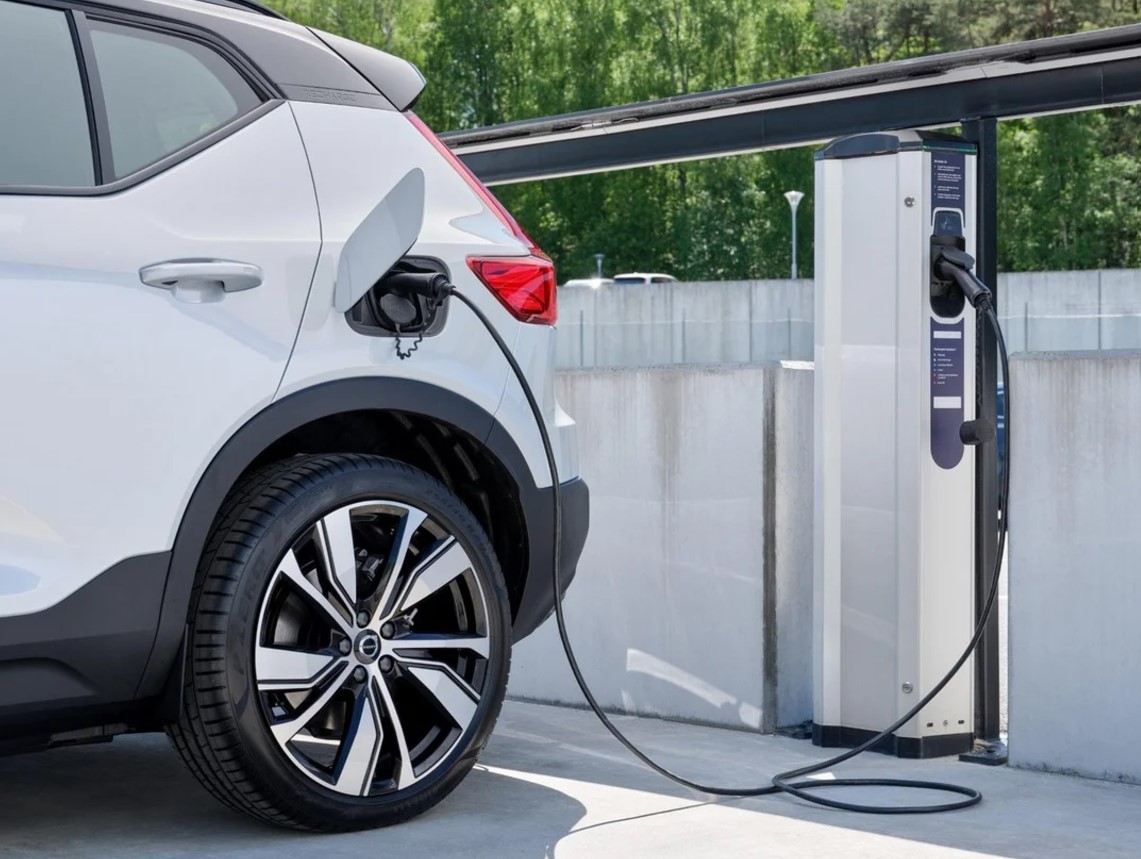Cyprus aims to reduce conventional vehicle use from 97 per cent to 70 per cent by 2030, under its National Energy and Climate Plan (NECP), requiring the registration of 85,000 electric vehicles.
However, with just 2,270 electric vehicles sold last year—largely due to a state subsidy programme—the target appears difficult to achieve given current market conditions.
As of December 31, 2024, Cyprus had 1,601 registered plug-in hybrid vehicles and 5,360 electric vehicles, including motorcycles, vans, saloons, and buses, according to the Registrar of Motor Vehicles.
The total number of active registered vehicles in the republic stands at 1,054,146.
Achieving the 2030 target will require additional incentives beyond existing measures, necessitating collaboration between the state and private sector to accelerate electric mobility adoption.
Alongside financial incentives, improving infrastructure remains a key challenge.
In particular, the number of charging stations must increase, as Cyprus lags behind other European nations in this regard.
According to the European Automobile Manufacturers Association (ACEA), as of March 2024, the Netherlands had 90,284 electric vehicle charging stations, while Germany had 59,410.
In contrast, Cyprus had only 57, ranking last in Europe, while Malta had 98.
Efforts to address this shortfall include the government’s requirement for one electric vehicle charging space per 20 parking spots in schools, public buildings, and shopping malls.
Additionally, there have been calls to revive the grant scheme for electric vehicle chargers, which expired in September 2024.
The federation of employers and industrialists (Oev) has also proposed amending the Petroleum Products Law to allow petrol stations to expand charging infrastructure.
Beyond reducing emissions, modernising Cyprus’ passenger fleet with electric vehicles aligns with global industry trends, as major manufacturers plan to phase out conventional fuel-powered cars by 2030.
Finally, Oev continues to monitor developments and engage with relevant ministries to facilitate the transition to electric mobility, amid broader efforts to implement sustainable transport policies.






Click here to change your cookie preferences